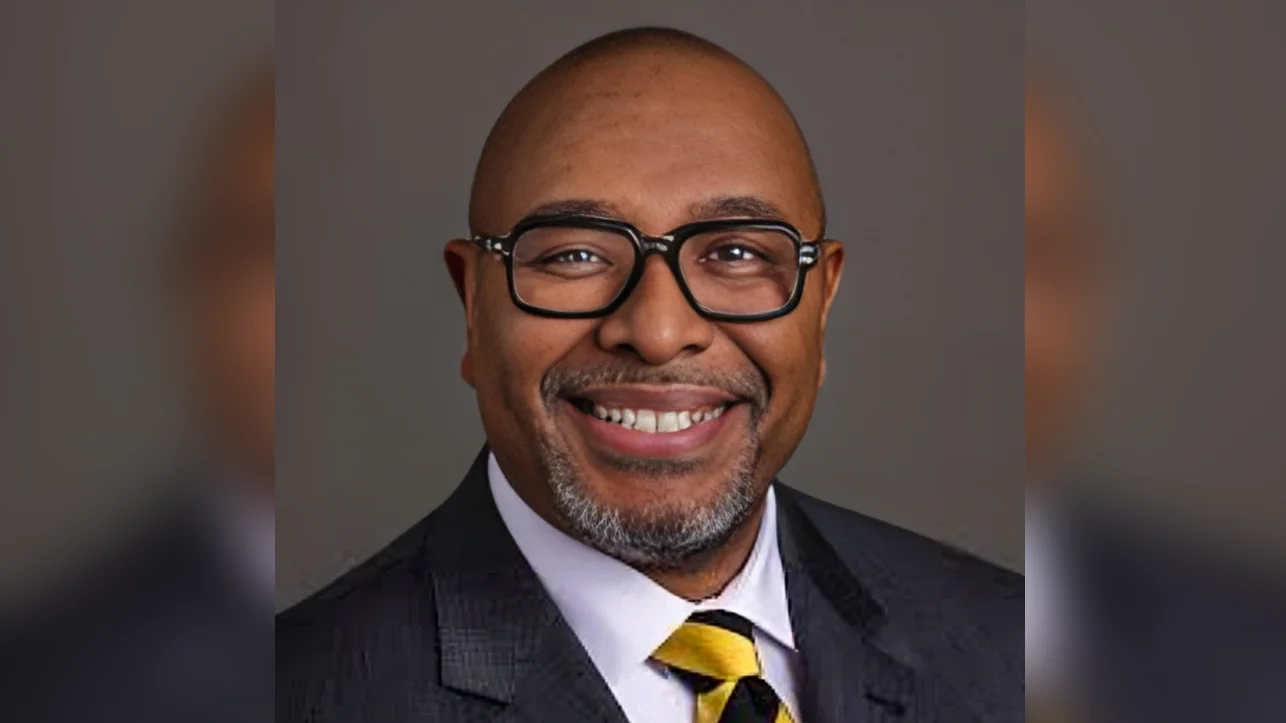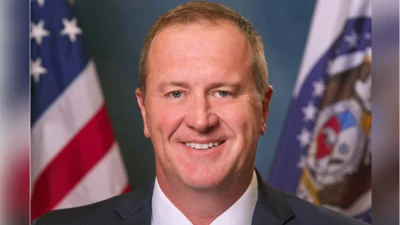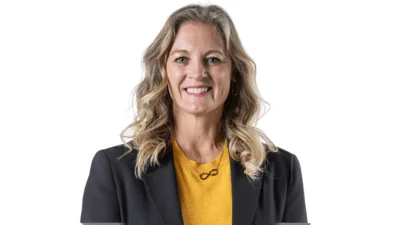Ric Ransom, JD Chief Executive Officer | Columbia Regional Hospital
Ric Ransom, JD Chief Executive Officer | Columbia Regional Hospital
University of Missouri Health Care's 7-Tesla (7T) magnetic resonance imaging (MRI) scanner has received accreditation from the American College of Radiology, which describes its process as the "gold standard in medical imaging."
Located in the Roy Blunt NextGen Precision Health Building, MU Health Care’s 7T MRI is recognized as the most powerful scanner available to patients in North America. It allows researchers and clinicians unprecedented views inside the brain and knee. Across North America, there are fewer than 40 such scanners, with under 10 achieving this level of accreditation.
Bill Keller, manager of radiology services at MU Health Care, noted the significance of early accreditation due to their scanner's higher clinical use compared to other 7T MRI machines in the United States. "The accreditation ensures we are meeting and maintaining quality and safety standards for patient care," he said.
Research using this advanced technology at MU Health Care targets areas such as brain tumors, epilepsy, multiple sclerosis, dementia, traumatic brain injury, vascular disease, headaches, and joint problems. Dr. Mai-Lan Ho, neuroradiologist and vice chair of clinical radiology at MU Health Care, emphasized the importance of detailed imaging: "When you get a better look at what’s going on inside, you start to understand the mechanisms of a disease. It opens the door to interesting discussions and more treatment possibilities."
In collaboration with Siemens Healthineers through a Value Partnership established in 2019 known as the Alliance for Precision Health, MU Health Care aims to provide its researchers and clinicians access to cutting-edge technology. Keller remarked on this partnership: "This collaboration provides an opportunity for our research scientists to access some of the latest equipment from Siemens Healthineers and understand their development processes. We have only uncovered the tip of the iceberg for what can be done with 7T MRI, and we’re doing everything we can to bring these advances to patients as quickly as possible."



 Alerts Sign-up
Alerts Sign-up